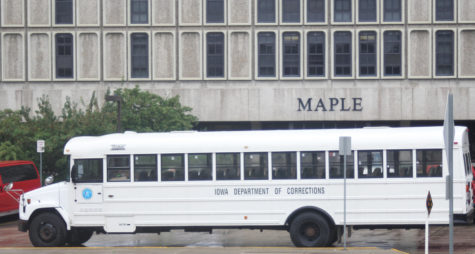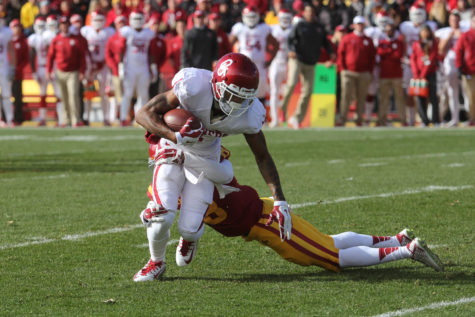Focus of Columbus Day shifts to represent a more accurate reality
October 13, 2014
Many of you may remember the nursery-like rhyme that went something like this, “In 1492 Columbus sailed the ocean blue.” While preached by your middle school teacher, this may give you a nice idea of the time of Christopher Columbus’ discovery of the “New World”, it does not, however, remind you of the darker side of the story.
While deemed the “New World” when discovered by Columbus, the word “new” fails to define his discovery. Though intending to hit the East Indies, Columbus actually arrived to an island in the Bahamas, an island inhibited by the indigenous Lucayan people. The arrival of Columbus to the Carribbean (and not the United States, as some may think) changed the landscape of the existence of the native people of this region forever. What should have and could have been a mutually beneficial relationship between the newly arrived Spaniards lead by Columbus, and the Indigenous People, it unfortunately turned into a relationship that consisted of generations of slave trading and genocide.
With our history recap out of the way, let us look at the most recent developments as far as Columbus Day being recognized as a holiday. Many people in recent history have pushed for Columbus Day to be renamed. There has also been a push for the focus of the day to be in recognition of Native Americans, what their current existence is composed of and the trials and tribulations of their past. With Minneapolis and Seattle leading the way, both cities have changed the name to “Indigenous People’s Day.” With a more inclusive theme and politically correct name, look for more cities to follow the trend.















